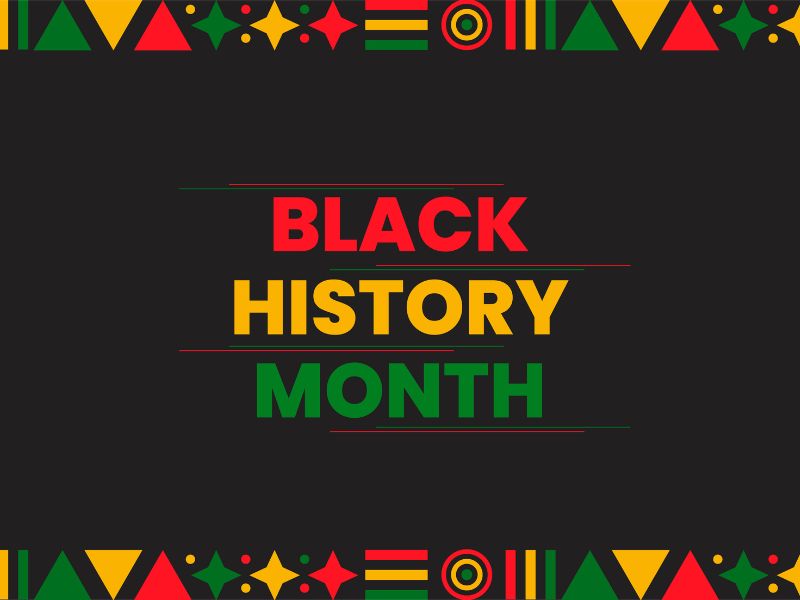Money is one of those topics that can feel uncomfortable at work. Many people avoid it because they do not want to seem pushy or uninformed. Yet knowing how money works and being able to talk about it with ease can make a big difference to your career.
Financial literacy is not only about personal budgeting. It also plays a part in how confident you feel at work and how you approach decisions, opportunities and negotiations.
Why financial knowledge matters
Financial literacy gives you the tools to understand value, cost and reward. When you know how to read financial reports, budgets or profit margins, you can join discussions with confidence. You don’t need to be an accountant to see how money flows through a business. Even a basic understanding makes it easier to speak up in meetings or share ideas that have an impact.
For employees, this knowledge can bring a sense of security. It helps you see the bigger picture and understand why certain decisions are made. For leaders, it builds credibility when guiding teams or presenting to stakeholders.
Confidence in negotiations
One of the biggest links between financial literacy and confidence comes during pay reviews or contract talks. If you know how to benchmark salaries or calculate the value of your role, you can approach these conversations from a place of strength. Instead of guessing, you are able to explain clearly why you deserve a rise or promotion.
This confidence is not only about your own pay. It also helps when negotiating with clients, suppliers or partners. Understanding numbers allows you to weigh up offers, challenge terms and secure better outcomes.
Making better decisions
Work often involves making choices that have financial consequences. From managing a project budget to choosing between suppliers, these decisions can feel daunting if numbers are not your strong point. Financial literacy turns that anxiety into assurance. You can look at the figures, assess the risks and make decisions that are backed by evidence rather than guesswork.
This not only improves results but also builds trust. Colleagues and managers notice when you can explain your choices with clarity. Over time, this boosts your reputation and helps you step into bigger roles.
Building long term resilience
Confidence at work does not come from one skill alone. It grows from a mix of knowledge, practice and self belief. Financial literacy plays an important part in this mix because money underpins so many aspects of business. By strengthening your understanding, you prepare yourself for career changes, leadership roles and even periods of uncertainty.
It also feeds into personal wellbeing. Knowing how to manage your own finances reduces stress, which frees up energy to focus on your work and goals.
Takeaway
Financial literacy is a foundation for confidence. It helps you speak up in meetings, negotiate fairly, make better choices and plan for the future. Investing time in building your financial knowledge pays back in both career growth and personal peace of mind.









